
Science warning: When the climate gets hot, the ocean will become more toxic
global warming is pushing toxic algae to grow stronger, meaning the ocean will be extremely toxic.

global warming is pushing toxic algae to grow stronger, meaning the ocean will be extremely toxic.
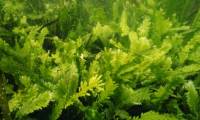
a new finding related to seaweed invasion has received the attention of the scientific community.

many seagrass systems, dubbed the lungs of the ocean, are standing on the brink of awe, making hundreds of scientists speak out.
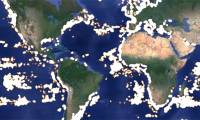
with 71% of the earth's surface being an ocean, it is not easy to control illegal fishing. however, it is not helpless when a new technology satellite is called global fishing
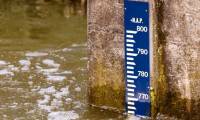
a group of scientists have studied satellite data for 25 years, and calculated that the sea level does not rise at a steady rate, it is rising at a dizzying speed. if this trend
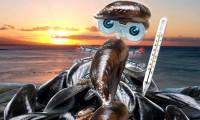
a new technology device called robotic son promises to make things happen in the future to cope with climate change.

chinese scientists have just published a digital 3d terrain map on the antarctic seabed after collecting data on a recent expedition.

at the depths of lake van, the largest lake in turkey, a group of divers discovered a lost castle.
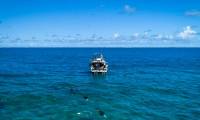
ibm predicts this robot will change the world in the next 5 years by using artificial intelligence-controlled robots (ai) to clean the oceans.